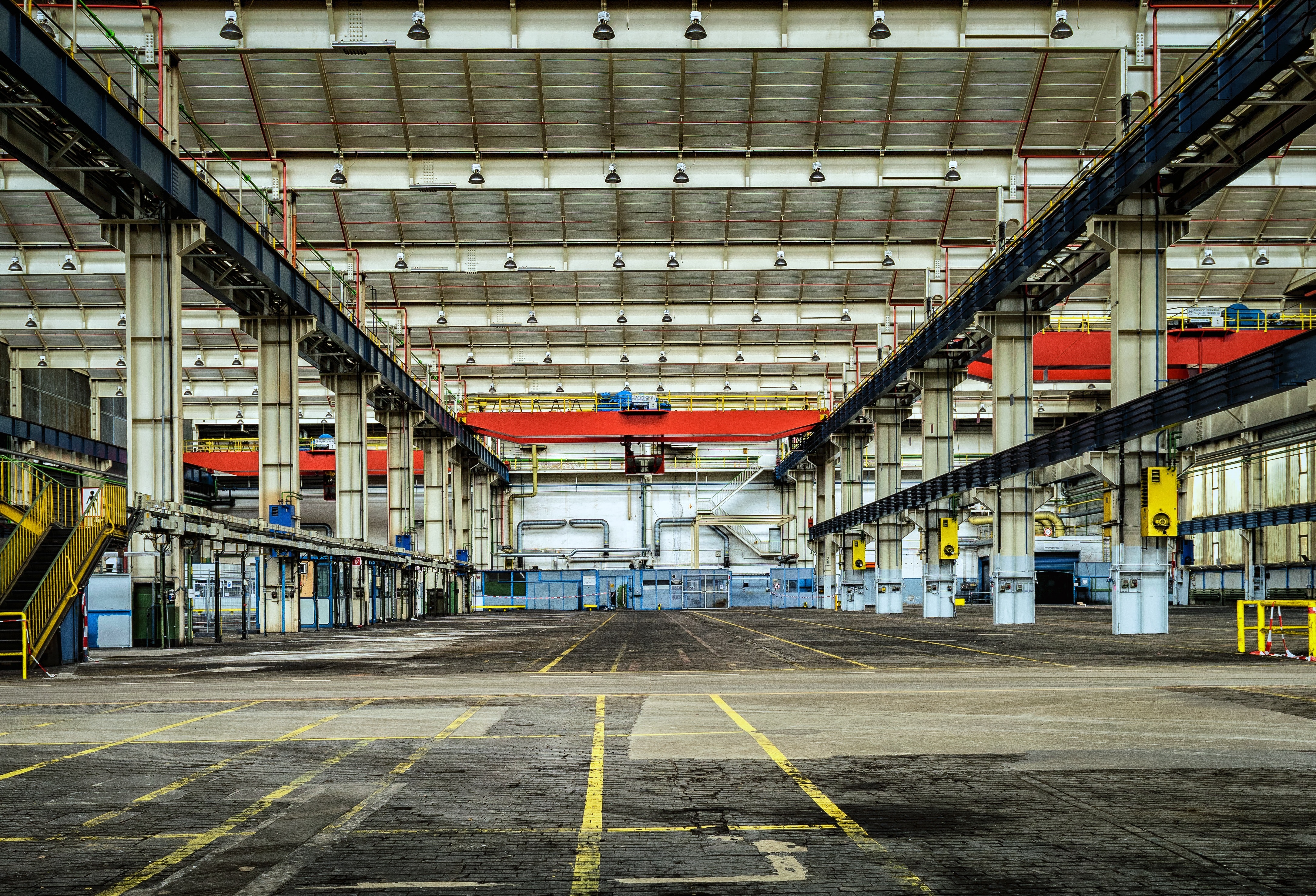Digital twins on the manufacturing menu – with help from the hyperscalers
SOURCE: HTTPS://WWW.IOTTECHNEWS.COM/
NOV 16, 2023
Nextscape to assist digital twin interoperability in NVIDIA's Omniverse
SOURCE: GEOWEEKNEWS.COM
AUG 29, 2022

Perhaps the biggest buzzword in the entire broad tech world right now is “metaverse,” which is expected to be the next stage of the internet experience, though there are significant disagreements about what exactly it even means. That said, the geospatial industry will play a role in its development, whatever form it takes, the backbone of that development is going to be digital twins.
One of the biggest names on this front in building this is NVIDIA with their Omniverse, a real-time 3D tool about which they've made major announcements in recent weeks. Right now, the main focus for Omniverse is not as much the commercial metaverse that dominates the headlines, but rather the more present industrial metaverse, using digital twins for enterprise spaces.
One of the most important ideas among those involved at a broad level in developing these concepts is that, for it to work at its maximum potential, multiple companies will need to come together. This metaverse concept, industrial and otherwise, is wide-ranging enough that no one company or firm will have everything necessary to make it work properly. One such recent partnership for industrial digital twin concepts is between NVIDIA and Nextspace, a cloud-based digital twin platform.
The latter will support the creation of industrial digital twins in Omniverse and enable greater interoperability. Paul Shale, Nextspace’s COO, told Fierce Electronics that the improved interoperability between digital twin environments could “spur more rapid growth in digital twins spanning global companies and industry ecosystems.” The partnership will start with “plant and process” environments dealing with things like natural gas and water management, among a few other industries, with a future focus on infrastructure and urban intensification.
The industrial metaverse has the potential to be a game-changer for enterprise environments that have traditionally been, at least at times, lagging in technological adoption. We’ve seen rapid development in things like digital twin technology along with virtual and augmented reality, all of which can be used together to streamline production in factory and other large-scale industrial environments. In the development of new facilities, plans can be made via interactive 3D models that can be referenced throughout the construction process, and even overlaid physical assets during building to detect potential clashes before they happen.
And during the building’s life, Internet of Things (IoT) sensors can be utilized to collect real-time information about the building, and with this interoperability throughout even larger areas. There are so many potential benefits here, including but not limited to improved safety policies, more efficient workflows, early detection of construction and maintenance issues, and remote training for staff.
Nextspace, a New Zealand-based company, self-describes their mission on their website as being “on a journey to deliver the world’s best digital twin platform.” Their software takes data that comes in through IoT sensors and other sources for the digital twin and organizes it in order to make the most pertinent data most readily available for stakeholders.
Given how much of this data comes in at any given point, this kind of data management is key for any digital twin, especially that of a large enterprise facility, is as helpful as possible. Shale also notes that while NVIDIA community members are plenty familiar with virtual worlds, Nextscape’s data management allows for the merging of many different data types.
At any given moment it’s hard to know exactly where we lie on the road to a full functioning metaverse, but with NVIDIA’s Omniverse and the many partners they’ve added for this journey, it’s clear that at least the industrial metaverse and digital twins in that realm are quickly becoming a reality for many in these fields.
The joining of Nextspace and NVIDIA is another step in this direction. On the partnership, Nextspace founder and CEO Mark Thomas says, “The challenge we set ourselves was to build a bridge between the Omniverse USD representation of the world, and the business and engineering data representation of the world.”
LATEST NEWS
Augmented Reality
Hi-tech smart glasses connecting rural and remote aged care residents to clinicians
NOV 20, 2023
WHAT'S TRENDING


Data Science
5 Imaginative Data Science Projects That Can Make Your Portfolio Stand Out
OCT 05, 2022

SOURCE: HTTPS://WWW.IOTTECHNEWS.COM/
NOV 16, 2023
SOURCE: HTTPS://AITHORITY.COM/
OCT 03, 2023
SOURCE: HTTPS://WWW.SCIENCEDAILY.COM/
AUG 08, 2023
SOURCE: HTTPS://WWW.GLOBALLOGIC.COM
JUL 06, 2023
SOURCE: HTTPS://INDIAAI.GOV.IN/ARTICLE/HOW-DIGITAL-TWIN-TECHNOLOGY-WILL-EVOLVE-IN-2023
JUL 04, 2023
SOURCE: HTTPS://WWW.CNBC.COM/2023/01/21/DIGITAL-TWINS-ARE-SET-FOR-RAPID-ADOPTION-IN-2023.HTML
JUN 30, 2023